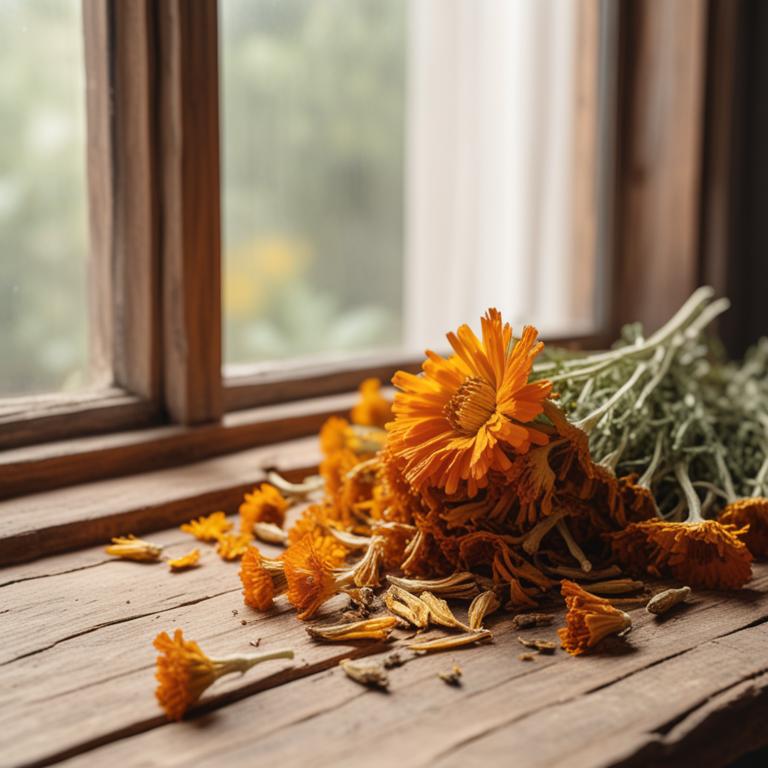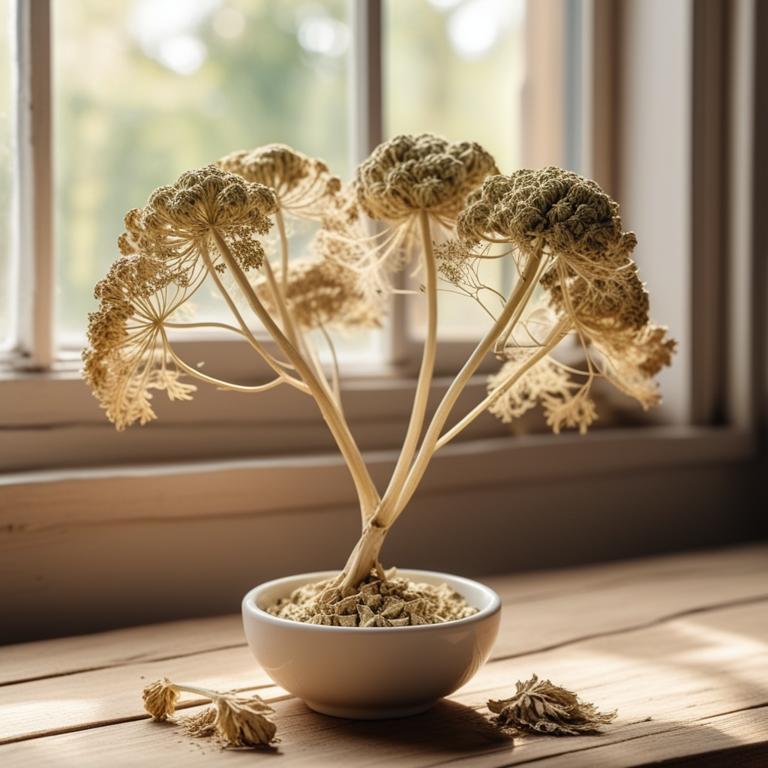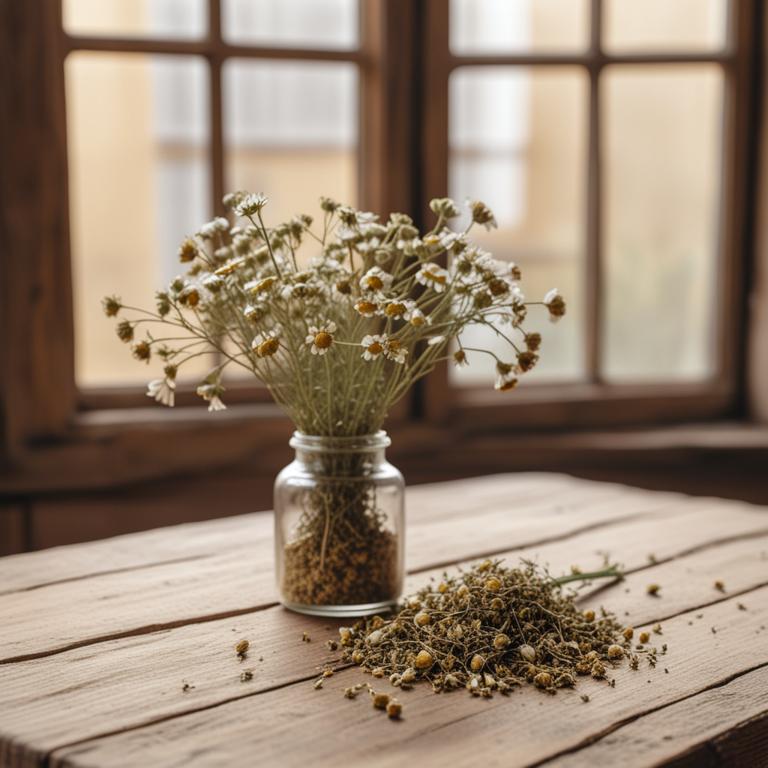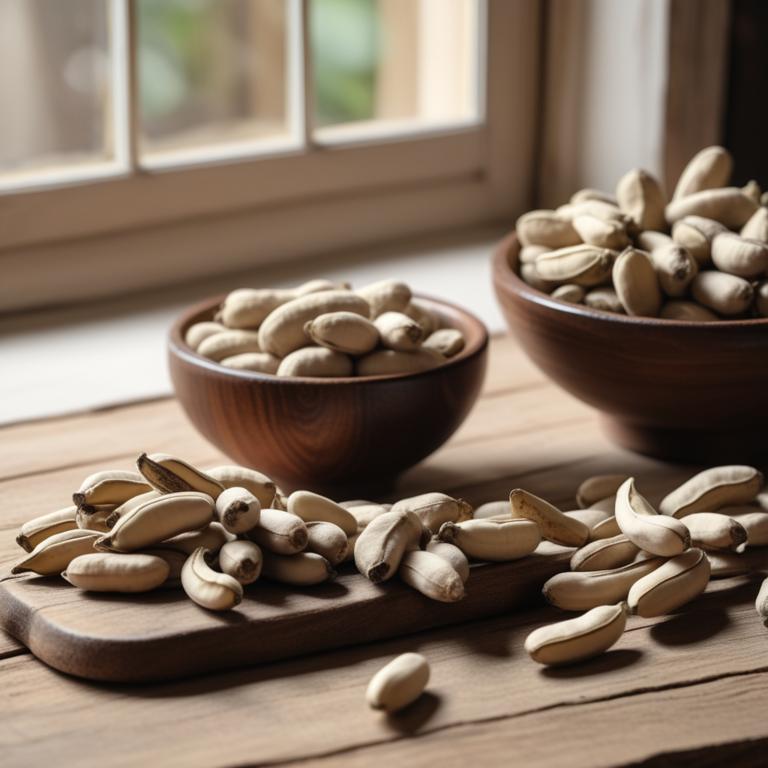Updated: Dec 1, 2024
Nipple Pain During Breastfeeding: Causes, Herbal Preparations, and Natural Relief
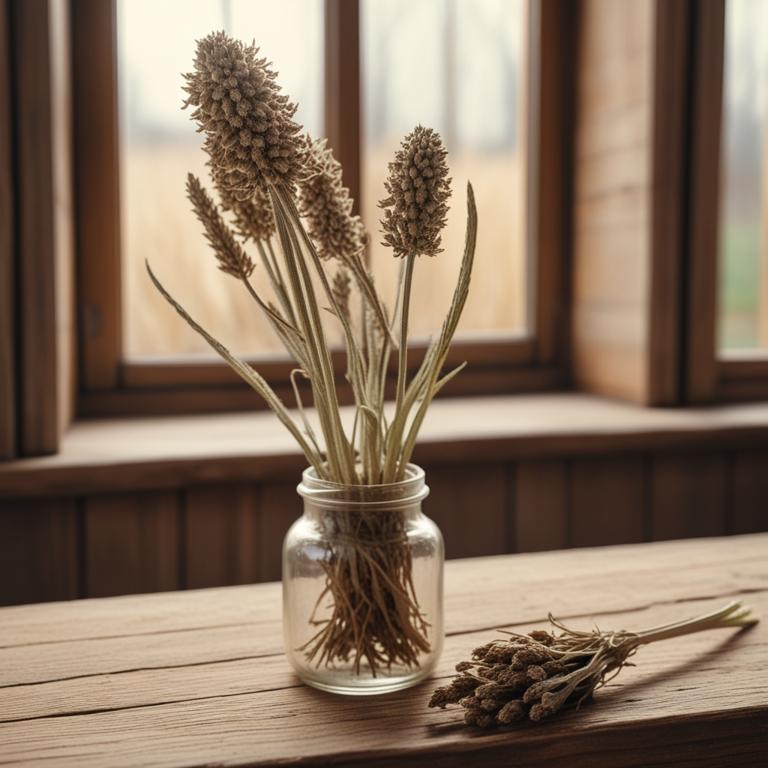
Nipple pain during breastfeeding is a common issue many new mothers face.
It can be a sharp, stinging sensation, especially after feedings, and can make nursing sessions uncomfortable and stressful. The pain can affect not just the physical act of breastfeeding, but also the emotional well-being of the mother, making her feel anxious and worried about feeding her baby. Nipple pain during breastfeeding is often caused by poor latching, incorrect positioning of the baby, or frequent feedings that can cause nipple soreness and irritation. Other factors like stress, anxiety, and hormonal changes can also contribute to nipple pain.
Fortunately, there are natural remedies that can help alleviate nipple pain. Herbal remedies like calendula, chamomile, and peppermint have anti-inflammatory and soothing properties that can help calm the skin and reduce pain. Calendula, in particular, is known for its ability to heal and protect the skin, while chamomile can help relax the mother and reduce stress. Herbal teas like chamomile and peppermint tea can be a soothing way to calm the nipples and promote healing. Applying a warm compress soaked in calendula tea or aloe vera gel to the affected area can also provide relief.
Additionally, some herbal creams and ointments that contain ingredients like tea tree oil and aloe vera can be applied directly to the nipples to help soothe and protect the skin.
Table of Contents
- What are the possible causes of nipple pain during breastfeeding?
- What advantages can be gained from using herbs to alleviate nipple pain during breastfeeding?
- What are the primary medicinal herbs for nipple pain relief during breastfeeding?
- What are the top herbal preparations used to manage nipple pain during breastfeeding?
- When breastfeeding and experiencing nipple pain, which herbs are best to avoid?
- FAQ
What are the possible causes of nipple pain during breastfeeding?
The main causes of nipple pain during breastfeeding are often related to a combination of factors.
Poor Latch is a common issue where the baby doesn't attach correctly to the breast, causing discomfort and pain. This can happen if the baby's mouth is not wide enough or if the nipple is not properly positioned in the mouth. As a result, the baby may not be able to release the nipple effectively, leading to nipple pain and soreness. Another cause of nipple pain is Nipple Thrush, a fungal infection that can affect the nipple and areola. This infection can be caused by a yeast called Candida, which can thrive in the warm, moist environment of the breast.
Symptoms of nipple thrush include redness, swelling, and a burning sensation on the nipple. Nipple Edema, or nipple engorgement, can also cause pain during breastfeeding. This occurs when the milk ducts become blocked, causing the breast to become swollen and tender. This can happen if the baby is not latching properly or if the mother is not expressing milk regularly. Mastitis, an infection of the breast tissue, is another cause of nipple pain during breastfeeding. This can be caused by bacteria entering the breast through a cracked nipple or through the milk ducts.
Symptoms of mastitis include redness, swelling, and pain in the breast, often accompanied by a fever and chills.
What advantages can be gained from using herbs to alleviate nipple pain during breastfeeding?
Using certain herbs can help with nipple pain during breastfeeding.
These herbs can reduce inflammation and discomfort in the nipple area, making it easier for your baby to latch on and nurse. They can also help to soothe and calm the skin, reducing the risk of cracks and cuts that can be painful.
Additionally, these herbs can help to balance hormone levels, which can help to regulate milk supply and reduce stress, a common cause of nipple pain. Some herbs may also have a numbing effect, providing quick relief from pain and discomfort.
By using these herbs, you can promote a healthy and comfortable breastfeeding experience for both you and your baby.
What are the primary medicinal herbs for nipple pain relief during breastfeeding?
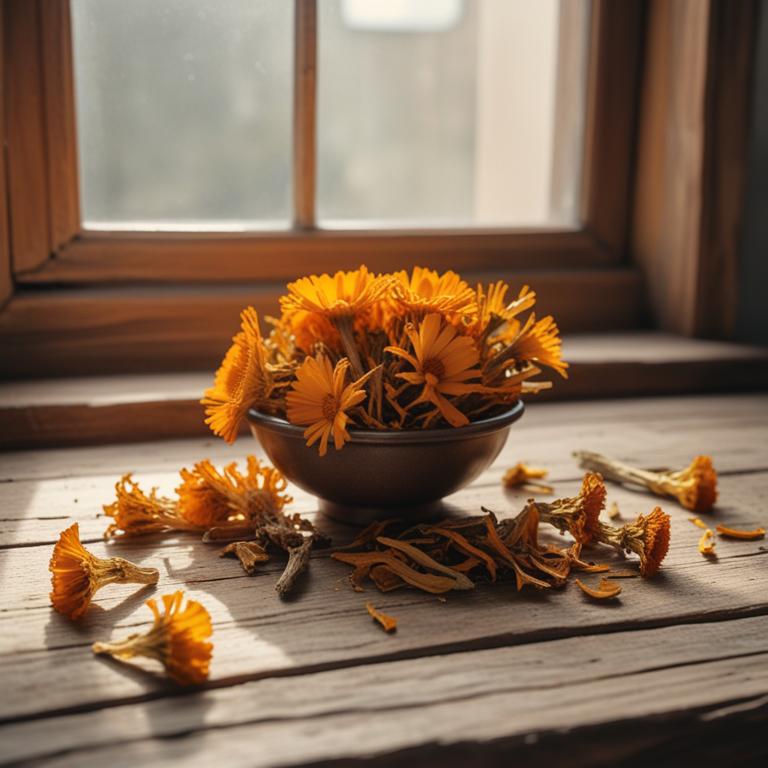
When it comes to nipple pain during breastfeeding, herbs can be a natural and effective solution.
Calendula officinalis, also known as marigold, has anti-inflammatory properties that can help soothe and calm sore nipples. This can be applied topically as a cream or ointment to reduce pain and promote healing. Aloe barbadensis, or aloe vera, is another popular herb for nipple pain. Its cooling and moisturizing properties can help ease discomfort and promote healing of sore tissues. Symphytum officinale, or comfrey, has anti-inflammatory properties that can help reduce swelling and pain in the nipples.
It can also be applied topically to promote healing and tissue repair. Chamomilla recutita, or German chamomile, is a calming herb that can help reduce stress and anxiety, which can contribute to nipple pain. When consumed as a tea or taken as a supplement, it can promote relaxation and reduce inflammation. Lavandula angustifolia, or lavender, is another calming herb that can promote relaxation and reduce pain. Its antiseptic properties can also help prevent infection in sore nipples.
When used in combination, these herbs can provide relief from nipple pain and promote a healthy breastfeeding experience.
What are the top herbal preparations used to manage nipple pain during breastfeeding?
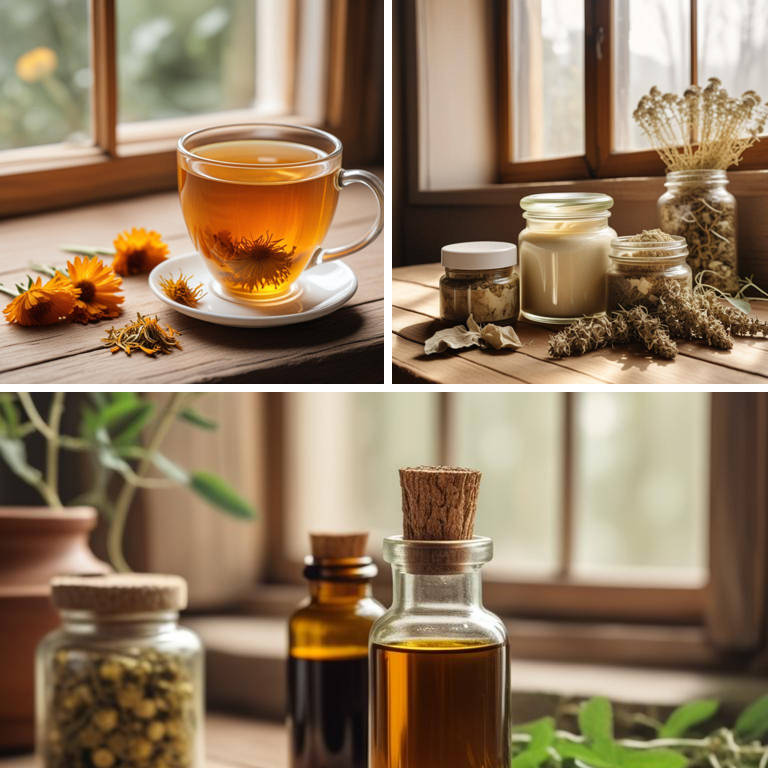
When breastfeeding, nipple pain can be really uncomfortable.
Herbal preparations can help. Some popular options include tea, decoction, cream, tincture, and salve. Herbal tea is a good choice because it's easy to make and can be taken orally. Drinking tea can help reduce swelling and ease pain from the inside out. Peppermint tea, for example, is known for its anti-inflammatory properties, which can help calm irritated skin. A decoction is similar to tea, but it's made by steeping herbs in hot water for a longer time. This helps release more of the herb's active ingredients, which can be absorbed through the skin when applied topically. Decoctions can be used as a compress to apply directly to the nipple, providing quick relief from pain.
Herbal creams can be applied directly to the nipple to provide localized relief. These creams often contain ingredients like calendula or aloe vera, which are known for their soothing and anti-inflammatory properties. They can help reduce redness and ease discomfort. Tinctures are concentrated liquid extracts of herbs. They can be added to a carrier oil and applied topically to the nipple. Tinctures contain powerful compounds that can penetrate deep into the skin, reducing pain and inflammation. They're a good option for women who prefer a more intense remedy. Finally, herbal salves are thick, greasy creams that provide a protective barrier on the skin. Salves can be made with ingredients like comfrey or plantain, which are known for their ability to soothe and heal damaged tissue.
They can help repair the skin and reduce pain, making them a great option for women who experience persistent nipple pain.
Additional Resources:
- 8 herbal teas for nipple pain during breastfeeding
- 8 herbal creams for nipple pain during breastfeeding
- 11 herbal tinctures for nipple pain during breastfeeding
When breastfeeding and experiencing nipple pain, which herbs are best to avoid?
If you're experiencing nipple pain while breastfeeding, it's essential to be cautious with certain herbs that could make the issue worse.
Ginkgo biloba, for instance, can cause blood vessels to dilate, which might increase blood flow to your nipples and make them even more sensitive. This could exacerbate the pain and discomfort you're already feeling. Echinacea purpurea, often used to boost the immune system, can also have a similar effect. It can stimulate the body's natural response to injury, which might cause your nipples to become more inflamed and sore.
Glycyrrhiza glabra, commonly known as licorice root, can have a hormone-like effect on the body, particularly on hormones that regulate milk production and nipple health. If you're already experiencing nipple pain, this could disrupt the delicate balance of hormones and make the issue worse. Artemisia absinthium, or wormwood, can cause the body to release more hormones, which might lead to increased milk production, but also more nipple sensitivity. If you're already experiencing pain, this could make it harder to manage. Cinchona officinalis, which contains quinine, can also affect hormone levels and cause your body to react more strongly to nipple stimulation.
This could make nipple pain worse, especially if you're already feeling sensitive.
FAQ
Are there any specific herbs that can prevent nipple pain during breastfeeding?
Some women find relief from nipple pain during breastfeeding with the help of certain herbs.
Fenugreek and blessed thistle are often used for their anti-inflammatory properties. They may also help to increase milk supply and reduce discomfort.
Drinking teas or taking supplements made from these herbs can help to ease nipple pain and make breastfeeding more comfortable.
Is it safe to use herbal remedies for nipple pain during breastfeeding during pregnancy?
Using herbal remedies for nipple pain during breastfeeding during pregnancy can be a bit tricky.
Some herbs might not be safe for both you and your baby, especially if they affect blood flow or hormone levels.
It's essential to research and understand the potential risks before trying any new remedies to ensure both your safety and your baby's.
Are there any herbs that can reduce the frequency of nipple pain during breastfeeding?
Some breastfeeding moms have found relief from nipple pain with the herb fenugreek.
It's thought to increase milk supply and help soothe sore nipples. Others have tried peppermint, which may ease pain and discomfort.
Both herbs are sometimes used to help alleviate nipple pain during breastfeeding.
Related Articles
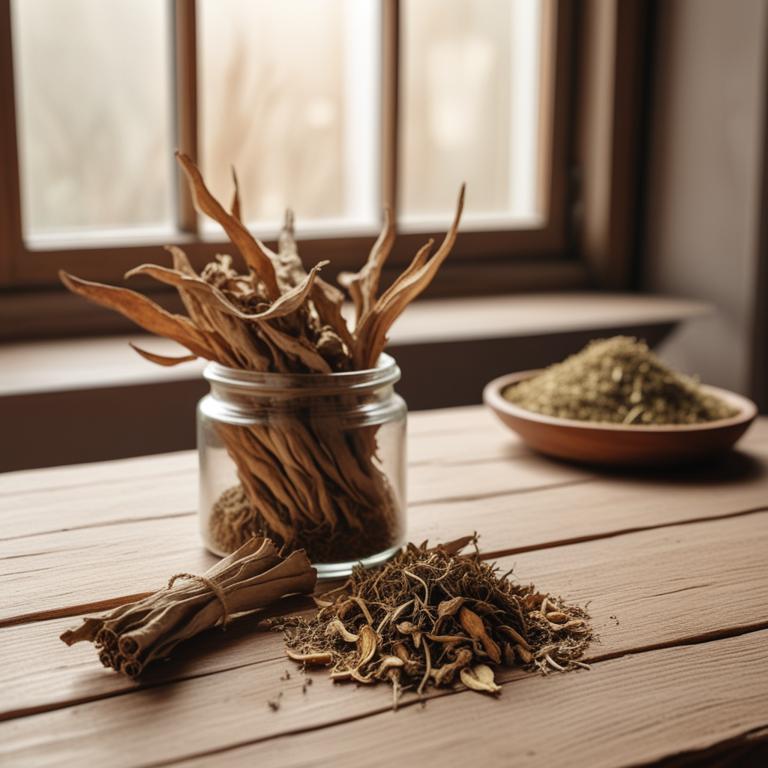
Menstrual Cramps: Understanding the Causes and Finding Relief with Medicinal Herbs
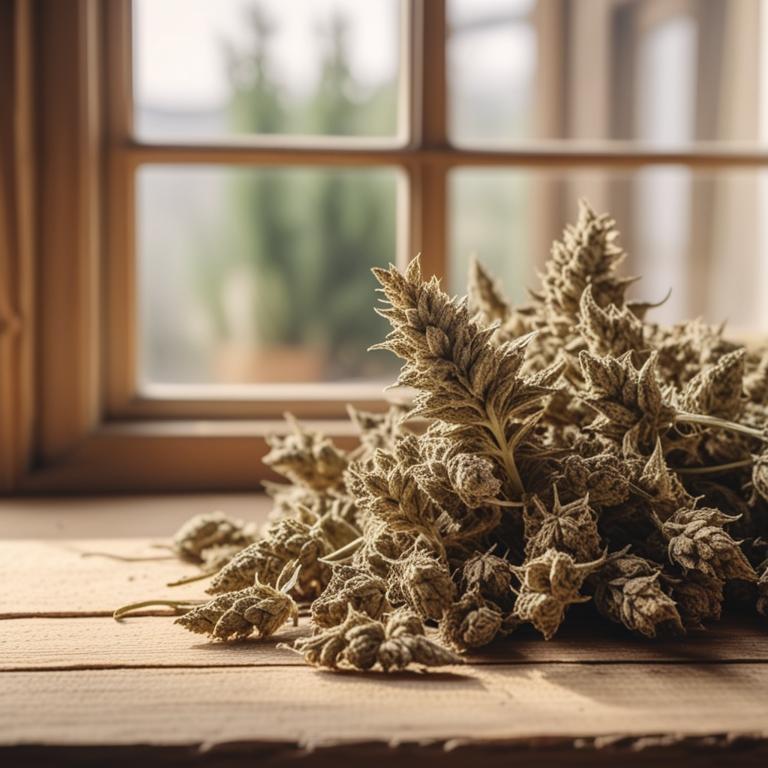
Managing Breast Pain While Breastfeeding: Causes and Medicinal Herbs
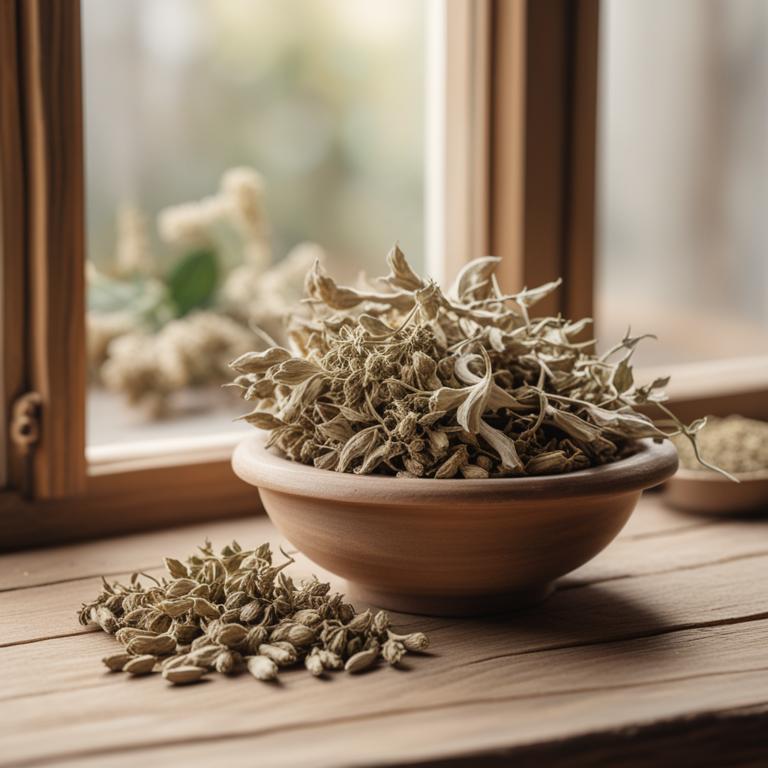
Overcoming Erectile Dysfunction with Medicinal Herbs and Natural Preparations
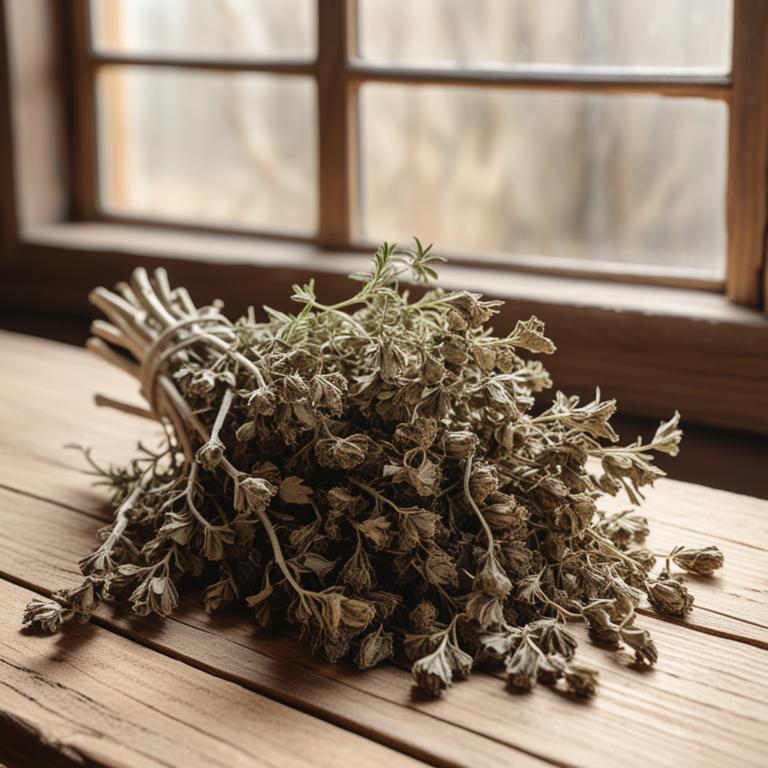
Low Sperm Count: Exploring the Reasons, Herbal Solutions, and Preparations
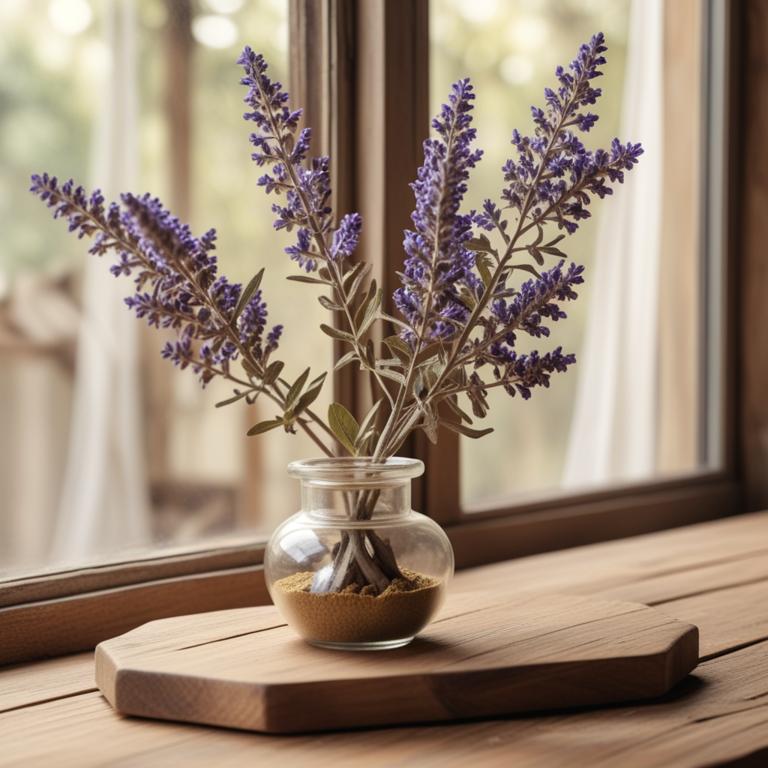
The Menopause Guide: Causes, Herbs, and Herbal Preparations
